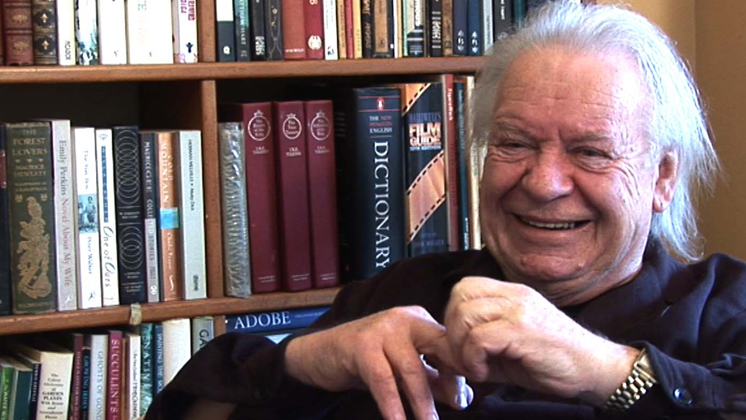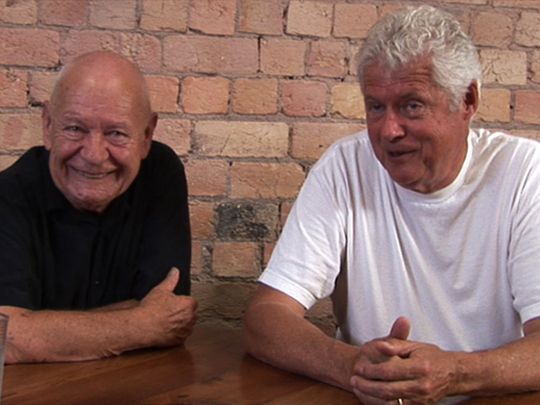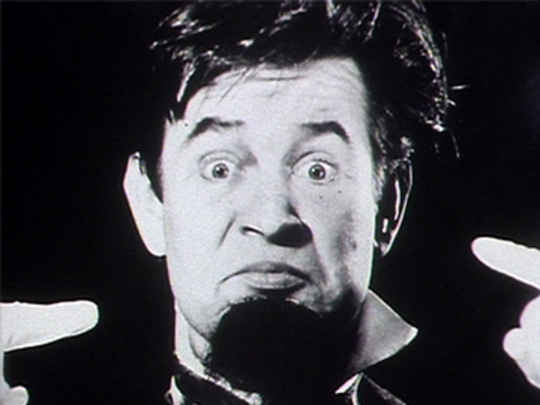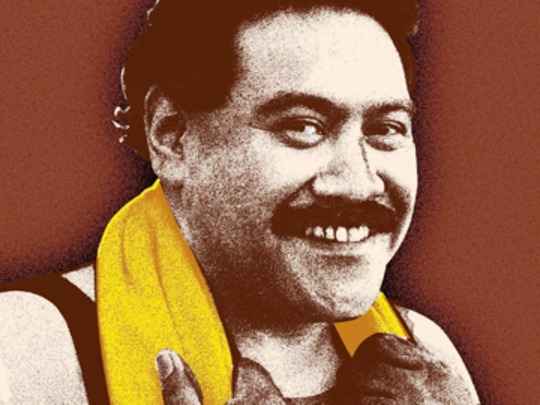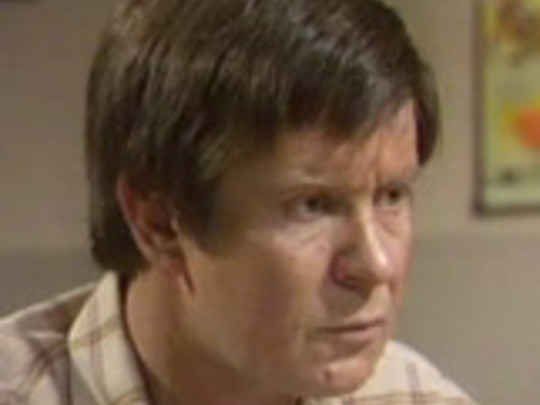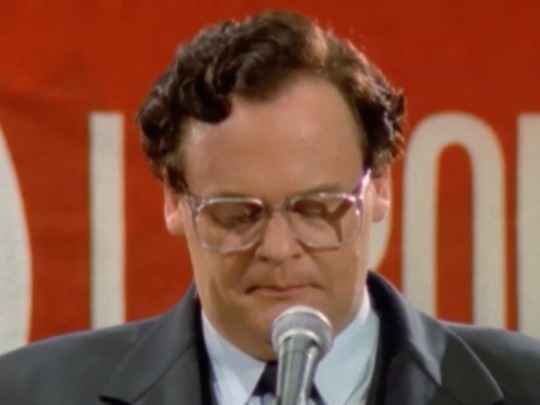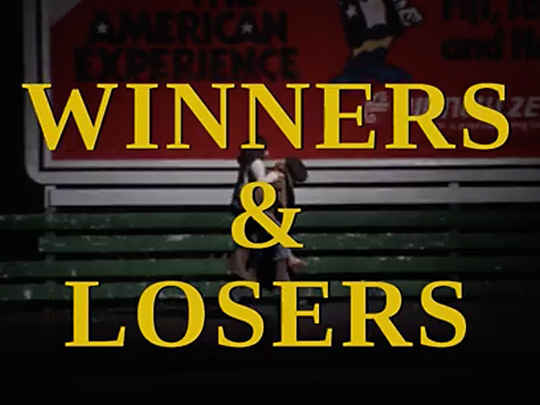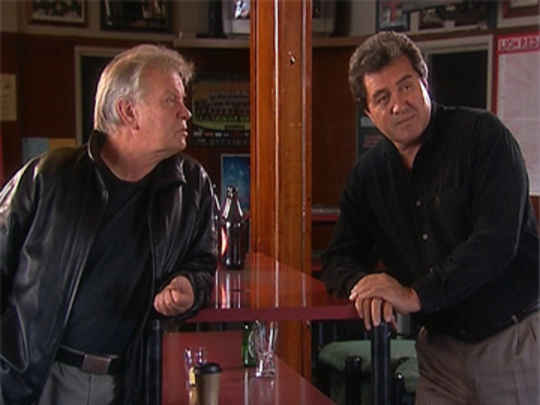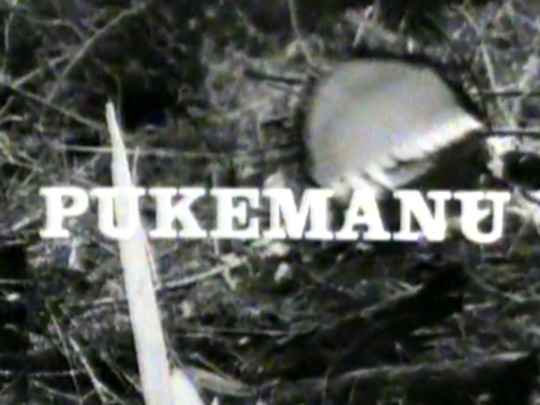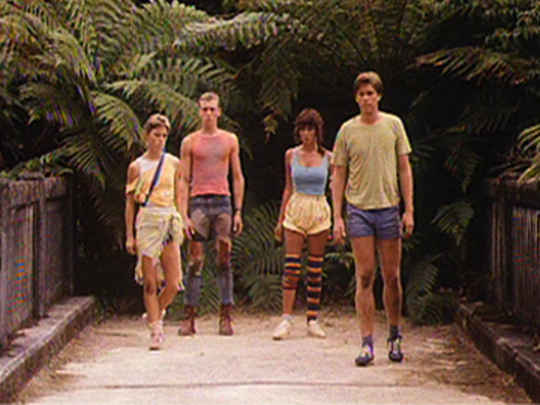Ian Mune: Kiwi screen legend...
Interview – 2010
Ian Mune is a certifiable legend of the New Zealand screen industry. He has worked as an actor (Moynihan, Derek, Home Movie, Fallout); writer (Sleeping Dogs, The God Boy, Goodbye Pork Pie) and director (The End of the Golden Weather, Came a Hot Friday, What Becomes of the Broken Hearted?). Three of the five films Mune has directed have won awards for New Zealand film of the year.
In this ScreenTalk interview, Mune talks about:
- Why Pukemanu marked a "revolutionary" change in New Zealand television drama
- How Sleeping Dogs only got made because of Roger Donaldson’s determination
- American actor Warren Oates sneaking a script into shot in the film
- Tackling the script for Geoff Murphy’s Goodbye Pork Pie
- How the film led to car thefts up and down the country
- The joy of directing his first feature Came a Hot Friday
- How designer Ron Highfield took advantage of Mune’s colour blindness
- The challenges of making Once Were Warriors sequel What Becomes of the Broken Hearted?
- Finding it "hell on wheels" when other people direct his scripts
- His suspicion that Came a Hot Friday will be seen as his best film
- Still wanting to have fun in the film industry after a long and distinguished career
This video
was first uploaded on 5 October 2010, and
is available under
this Creative Commons licence.
This licence is limited to use of ScreenTalk interview footage only and does not apply to any video content and
photographs from films, television, music videos, web series and commercials used in the interview.
Interview, Camera and Editing – Andrew Whiteside
...when I’m writing I am imagining working with that dialogue with an actor, for the actor to use it to be in the moment. And then when I’m directing, I’m continuing that same process, but usually cursing the writer . . . It may not have all the underneath you wanted when you were writing it, and if the actor can't find it, it's because it's been written badly.– Ian Mune on the different processes of writing and directing
